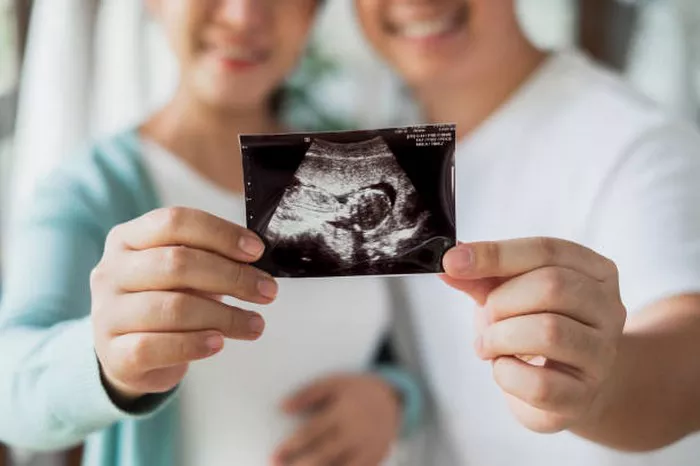A recent study published in JAMA Network Open has found that prenatal exposure to maternal SARS-CoV-2 infection has minimal effects on neurodevelopmental outcomes in children during their first two years of life. While the research noted some minor differences in infant regulatory behavior, it concluded that there are no significant long-term impacts on overall neurodevelopment.
Previous research has established links between prenatal exposure to viral infections, such as influenza and SARS, and negative neurodevelopmental outcomes, including lower IQ and heightened risks of neuropsychiatric disorders. Given the systemic inflammation associated with SARS-CoV-2 infection during pregnancy, there were concerns that similar effects might be observed. However, earlier studies primarily focused on the first 18 months of life and often lacked adequate comparison groups or failed to assess aspects such as temperament.
To address these gaps, the current study aimed to provide a more comprehensive understanding of the potential neurodevelopmental impacts of prenatal SARS-CoV-2 exposure, extending the investigation into early childhood.
The researchers utilized data from the pan-Canadian longitudinal study examining the effects of the COVID-19 pandemic on pregnant individuals and their children. Participants included pregnant individuals aged 17 or older, up to 35 weeks gestation, who could read and write in English or French, and were recruited between April 2020 and July 2022.
The study compared two groups: children born to mothers who tested positive for SARS-CoV-2 during pregnancy and a control group of children whose mothers had no flu-like symptoms or positive tests, had not been vaccinated against COVID-19 during pregnancy, and whose dried blood spot samples tested negative for SARS-CoV-2 antibodies.
Demographic and socioeconomic data were collected at enrollment, and child temperament was assessed at 6 and 24 months using standardized questionnaires. Developmental and socioemotional milestones were measured at 12 and 24 months using the Ages and Stages Questionnaires. Statistical analyses accounted for potential confounders such as pre-pregnancy medical conditions and household socioeconomic status.
The study examined 96 children born to mothers with confirmed SARS-CoV-2 infections during pregnancy, with a mean gestational age at birth of 39.20 weeks. In contrast, the comparison group consisted of 800 healthy children, born at a mean gestational age of 39.47 weeks. Notably, mothers in the SARS-CoV-2 group had lower educational levels compared to those in the control group, but no other significant differences in sociodemographic or clinical characteristics were found.
The mean gestational age at which mothers contracted SARS-CoV-2 was 20.70 weeks, with 99% of infected participants reporting symptoms, and 55% experiencing lingering symptoms. Only 5% required hospitalization.
The analysis revealed that children exposed to SARS-CoV-2 in utero had slightly higher regulation scores on the Infant Behavior Questionnaire-Revised Very Short Form at 6 months, indicating better regulatory behavior. However, the difference was minimal (mean difference of 0.19; 95% CI, 0.02 to 0.36; P = .03), and no significant differences were noted in other developmental measures.
Further mixed model analyses showed no significant associations between group membership and developmental trajectories over time. Factors such as child sex, trimester of exposure, and severity of maternal infection did not significantly affect neurodevelopmental outcomes at 6, 12, or 24 months. Even after accounting for missing data through multiple imputations, the results remained consistent.
Conclusion
The study concluded that while prenatal exposure to SARS-CoV-2 was associated with slightly improved regulatory behavior at 6 months, the effect size was minimal and not indicative of significant neurodevelopmental impacts. Overall, no substantial associations were identified with other developmental outcomes or changes between 6 and 24 months.
These findings suggest that the adverse outcomes observed during the pandemic may be more closely related to psychosocial factors rather than direct effects of prenatal infection. Further research is needed to explore the long-term implications of prenatal SARS-CoV-2 exposure as children grow older.
Related Topics:
-
Tibetan Women’s High-Altitude Adaptations Drive Greater Reproductive Success
-
Could Folic Acid Be the Key to Protecting Your Baby From Lead and Autism?
-
Gene Expression in Early Pregnancy Could Contribute to Sex-Based Health Differences


